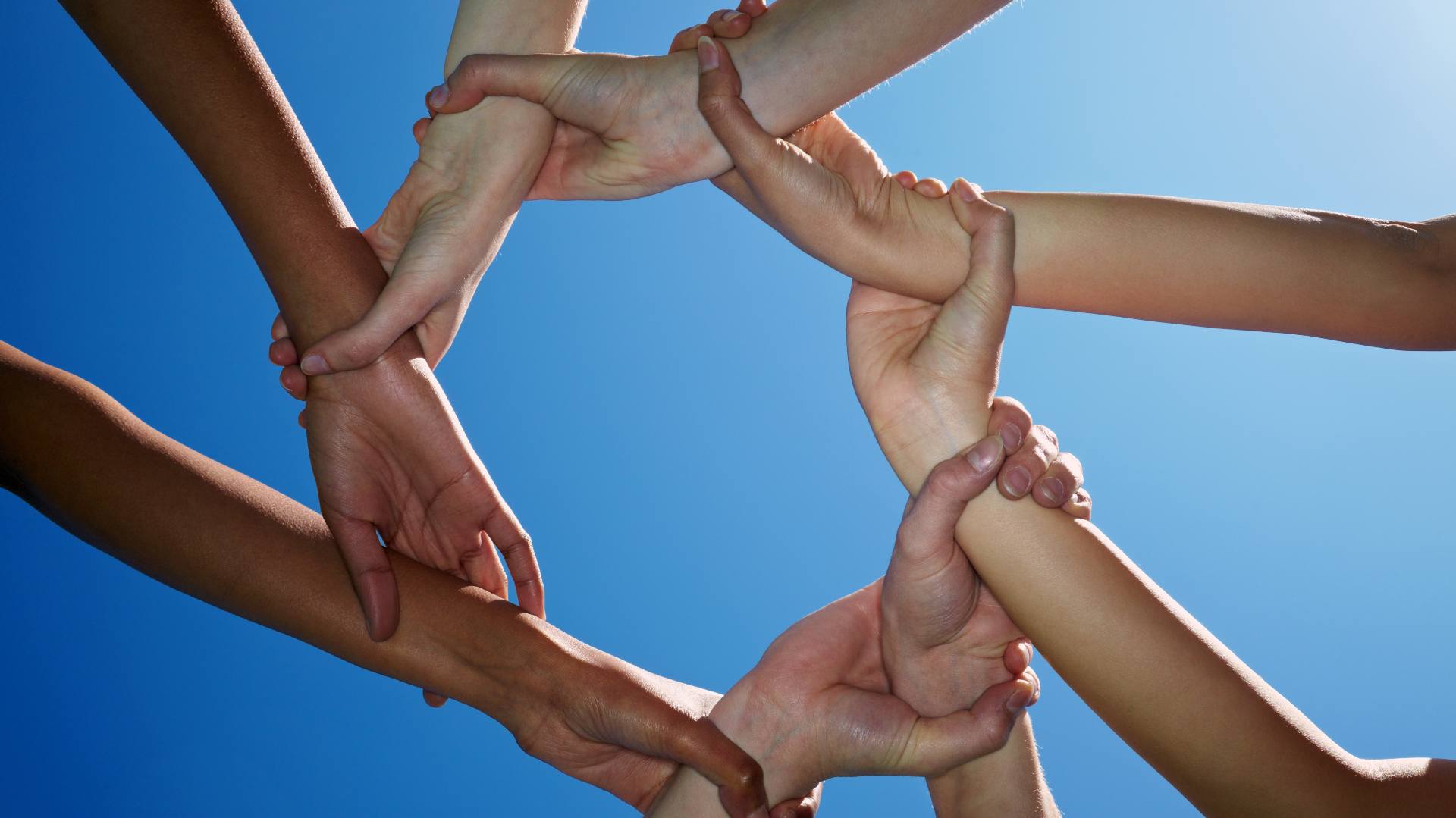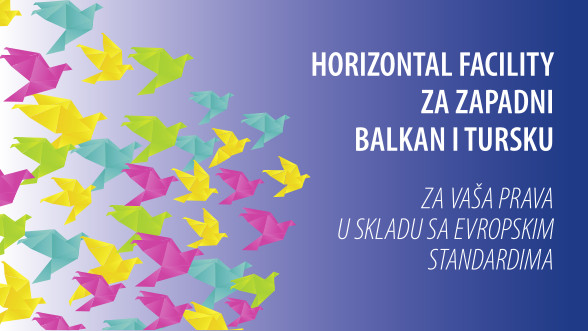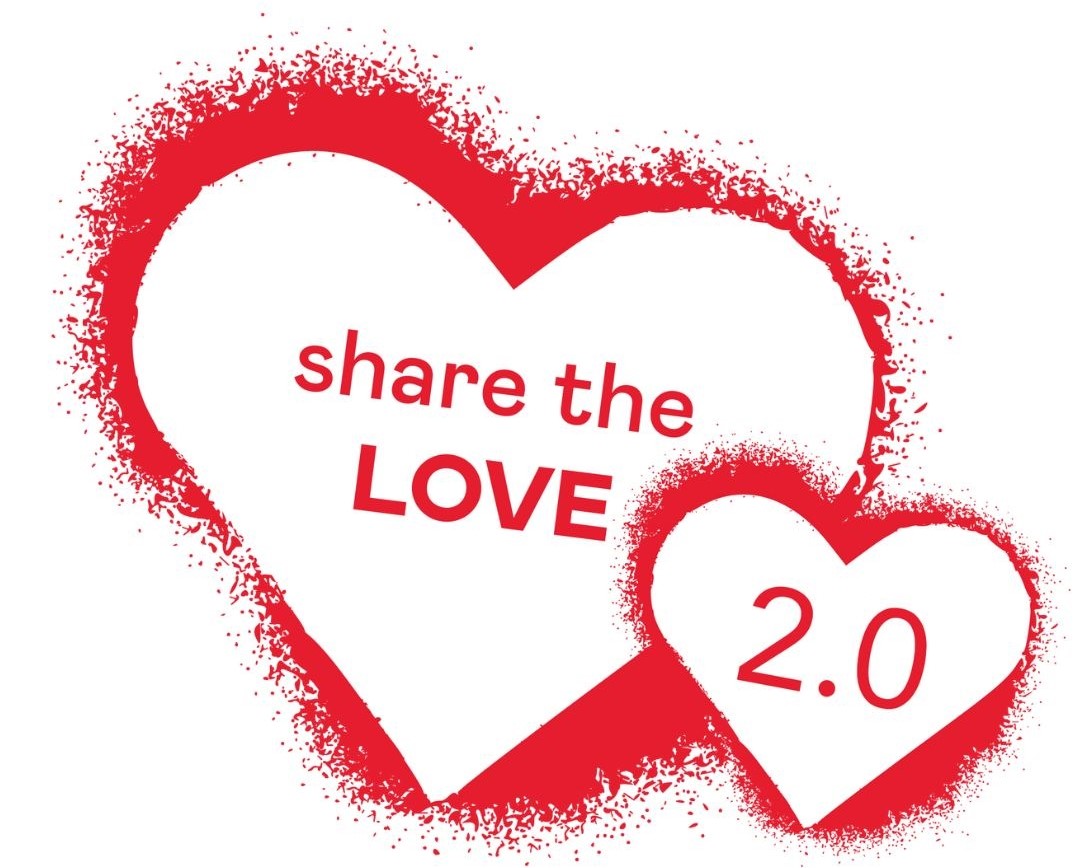Non-governmental Organisations (NGOs) from the Western Balkans joined the Council of Europe teams working on gender equality, anti-discrimination, children’s rights and civil society to identify strategic areas and methods for local NGOs to interact with legal professionals on tackling barriers and challenges women face when accessing justice. The meeting addressed the important role NGOs in the region play in supporting legal professionals to apply Council of Europe standards on equal access to justice and gender equality. Furthermore, it gathered promising practices from their experiences on engaging with legal professionals to address gender bias in the judiciary.
Several recommendations on how Council of Europe can strengthen the co-operation between women’s NGOs and legal professionals, in particular judges and prosecutors have been identified including:
- Give more visibility to NGOs work through Council of Europe reports and by including modules on the importance of collaboration between NGOs and legal professionals to address gendered barriers to access to justice, effectively, in its capacity building efforts;
- Engage NGOs representatives for their expertise on equal footing with other experts in the field;
- Consult regularly with NGOs to assess the implementation of gender responsive justice practices and use the feedback to adapt strategies and address emerging issues.
The meeting also introduced NGOs to the methodology and toolkit for civil society organisations, developed by the Council of Europe in co-operation with Women Against Violence Europe Network (WAVE) and UN Women, to run awareness raising campaigns to promote the Council of Europe Convention on preventing and combating violence against women and domestic violence (Istanbul Convention) including the barriers to women’s access to justice.
This activity was implemented in the framework of the EU and Council of Europe joint Horizontal Facility III programme – regional action on “Women’s access to justice in the Western Balkans".



